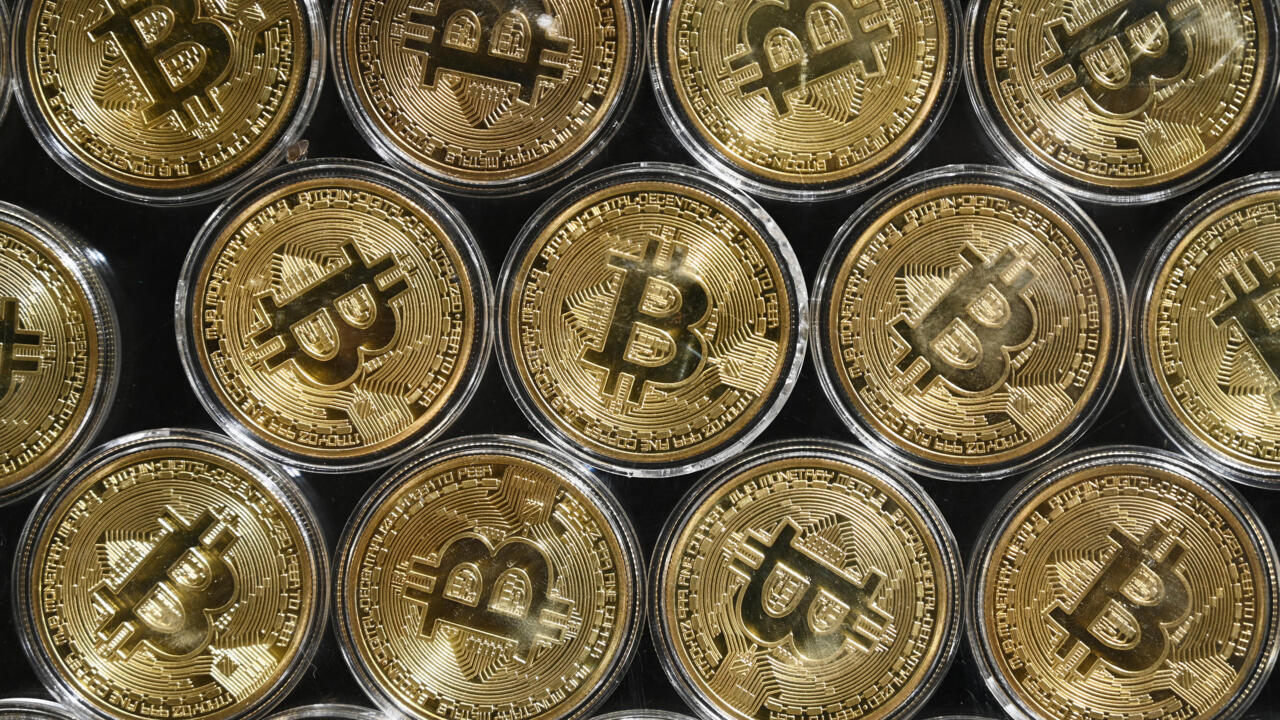London (AFP)
The adoption of bitcoin as legal tender by El Salvador, a world first, has delighted many cryptocurrency enthusiasts, for whom a historic milestone has been reached, even if it has not given new impetus during the recently battered bicoin.
The Salvadoran parliament on Wednesday approved a law that should eventually allow bitcoin to be used in many aspects of daily life, from buying real estate to tax contributions.
This is the first time that the very volatile decentralized cryptocurrency has been recognized as a currency, while on the contrary, many regulators in Europe, China or North America are arming themselves against this market which has exploded in recent months.
"Bigger and more powerful countries are trying to oppose the inescapable movement towards borderless, global and digital currencies, but this small Central American country has embraced the biggest of them", ignites Nigel Green , boss of the financial consulting firm deVere, in a note.
According to him, it is logical that countries like El Salvador, which use their currencies but also the dollar as official currency, are interested in an alternative that does not have the constraints.
Like the President of El Salvador, he edited his profile photo to replace his eyes with laser beams, a sign of recognition from bitcoin fans that symbolizes their focus on rising prices.
- Dull market -
"As the uses multiply, especially among the youngest and the less wealthy, this could lead in the long term to a softening of regulations", explains to AFP Charlie Erith, of the manager of cryptoassets ByteTree.
More moderate than other cryptocurrency professionals, he speaks of a "small step in the right direction".
In fact, the cryptocurrency market remains in small shape.
Bitcoin was on Wednesday up 4.2% to over $ 35,000, recovering after approaching $ 30,000 the day before but with a price down 46% from its all-time high reached in mid-April, at 64,870 dollars.
Why did El Salvador's announcement not push the price higher, when its surge in late 2020 and early 2021 was driven by consecutive announcements of adoption by increasingly respectable financial firms?
"The announcement effects may have made investors skeptical. As Elon Musk has shown, if they change their mind, the backlash can be hard," said Erith.
# photo2
The head of automaker Tesla had regularly praised cryptocurrencies in the first quarter on his Twitter account, and his company had announced that it accepted bitcoin as a form of payment as well as investing part of its cash in cryptocurrency.
But the whimsical billionaire has since changed his tone and now oscillates between support and criticism, which tends to amplify price volatility.
-Sino-American concerns-
But above all, "there is a risk that El Salvador will become an island in a global ocean of cryptocurrency skepticism," fears Susannah Streeter, financial analyst at Hargreaves Lansdown.
"Cryptocurrency transactions have already been banned in China and Beijing's latest target is social networks, with the suspension of several accounts dedicated to cryptocurrencies on the Weibo network," she replied to AFP.
# photo3
And in the United States, authorities announced earlier this week that they had managed to seize part of the $ 4.4 million in bitcoins paid as ransom after the Colonial Pipeline hack, which crippled a crucial oil pipeline for the American oil system. .
"The hype around this ransom and the seizure reinforces the idea that one of the main uses of cryptocurrencies is criminal," adds the analyst.
"By becoming known as a bitcoin haven, the country, which has already experienced corruption accusations, risks attracting the wrong kind of investments from criminal groups who seek anonymity," she concludes.
© 2021 AFP

